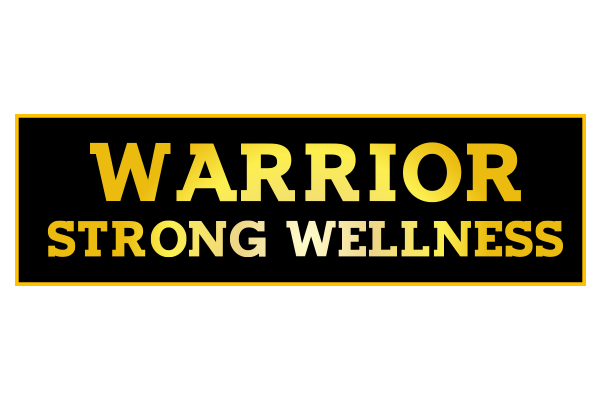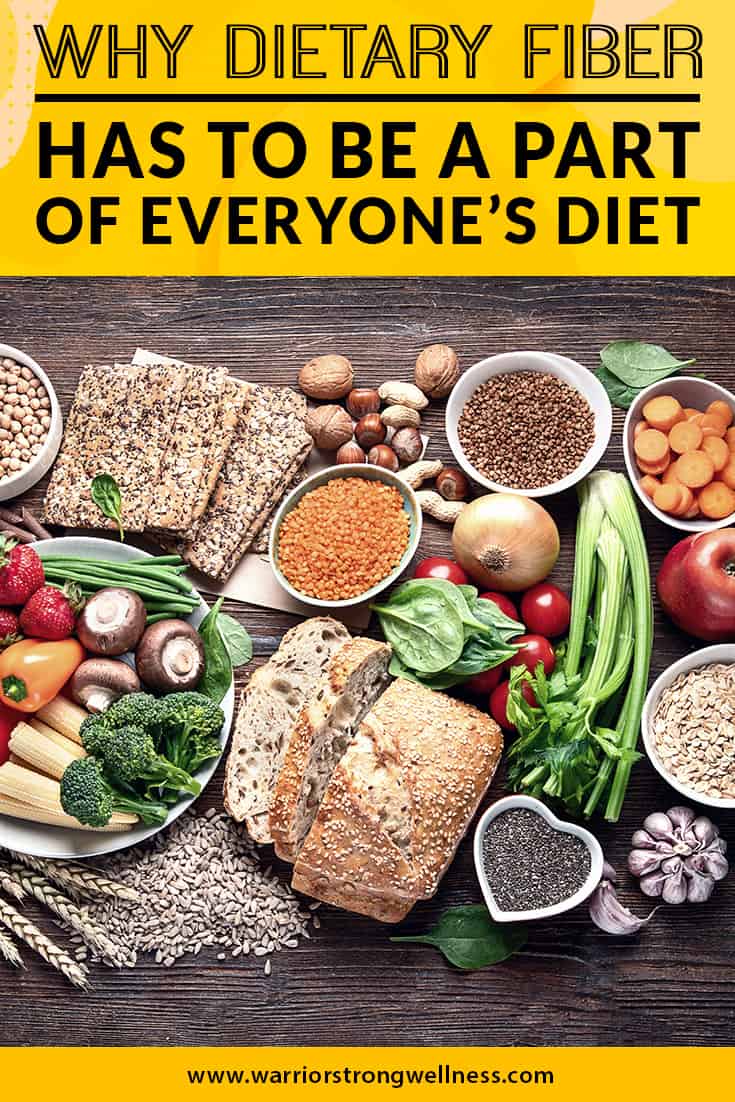Whether you are hearing it from your doctor, your friends, or on the news, probably someone in your life is encouraging you to get more fiber. We hear about it in everything from cereal commercials to comedic routines. What is dietary fiber, and why is it such a critical component of your diet? Here are a few of the things that you need to know.
What Dietary Fiber Actually Is
Dietary fiber is the portion of whole grains, vegetables, legumes, and fruits that your body can’t digest. So if you can’t digest it, why eat it? Dietary fiber passes through your body intact. In doing so, it helps move along the rest of the waste that needs to come out. So dietary fiber is nature’s way of making sure you don’t get constipated.
There are two different types of fiber, and each does different things. Insoluble fiber is the type that doesn’t breakdown in water. This is the type of fiber that helps you stay regular in the bathroom. There are plenty of sources of insoluble fiber. Some of the best are beans, nuts, whole wheat flour, and vegetables like potatoes, green beans, and cauliflower.
The other type of fiber, soluble fiber, does break down in water. However, it doesn’t break down completely. It forms a gel of sorts, and it is an excellent substance for regulating blood sugar levels and cholesterol. Some of the best sources of soluble fiber are citrus fruits, apples, beans, oats, peas, avocados, brussels sprouts, and psyllium.
Now that you know what dietary fiber is and a few good sources of it, what befits can you expect from adding more to your diet?
Six Benefits of Dietary Fiber
Here are six benefits you can attain by increasing the amount of fiber in your diet:
#1. Encourages Regular Bowel Movements
This is the natural way to beat constipation. Dietary fiber helps your stool to bulk up and to be softer. This makes the stools easier to pass. If you have trouble with loose stools, it may have the opposite effect and help the stool to bind up into a soft solid.
#2. Maintains Bowel Health
Hemorrhoids are often the result of constipation and difficult to pass stools. Diverticulitis occurs when stool gets into small pockets in the colon and causes an infection. Both of these conditions are unlikely to occur if a person is getting enough fiber, and stool is regularly passing. Finally, you may also have a decreased risk of colorectal cancer if you eat a diet high in fiber according to some preliminary research.
#3. Regulates Blood Glucose Levels
Soluble fiber is especially important for people living with diabetes. It regulates blood sugar levels by slowing down how fast sugar gets absorbed into the bloodstream. If someone does not have diabetes, eating a high-fiber diet may help lessen your risk of developing the disease.
#4. Reduces Cholesterol Levels
Once again, soluble fiber helps save the day. High fiber foods are good for cholesterol levels, blood pressure, inflammation, and are just beneficial for your heart in general. The rhyme, “Beans, beans, they’re good for your heart,” may have a crass ending, but it is accurate.
#5. May Increase Life Expectancy
There is research that favors the idea that life expectancy increases with a diet that is high in fiber. Since it can help resist heart problems and cancer, two of the biggest killers out there, it makes sense that a high fiber diet helps you live longer.
#6. Helps Maintain a Healthy Weight
Foods that are high in fiber tend to help you feel full faster, so you eat less. They also tend to have energy density. In other words, you don’t have to eat as much to get the fuel you need. Eating less, in turn, can help a person to maintain a healthier body weight.
How Much Fiber Constitutes a High-Fiber Diet?
Once you understand how important fiber is for you, the next logical question is: How much do I need? The answer is that it varies depending on your age and gender. According to the Institute of Medicine, the recommended dietary fiber daily intake is 38 grams for men 50 and under, and 30 grams for men over 50. For women 50 and under the recommendation is 25 grams, and for women over 50, it changes to 21 grams.
Oh, and fiber, especially soluble fiber, works best when you drink plenty of water.
A Multi-Collagen Protein to Support Your High-Fiber Diet
Besides a high-fiber diet, you also want a supplement that can help your digestive tract function optimally. A multi-collagen protein supplement is the perfect thing because your body needs collagen to keep the intestines functioning properly. That ensures the nutrients are absorbed and the toxins are passing as waste, just as things should be. Collagen also helps support bones, muscles, connective tissue, and even the organs, so this is the perfect supplement to pair with a high-fiber diet to defend yourself against all sorts of ailments.
Warrior Strong Wellness is proud to offer our Pure Hydrolyzed Multi-Collagen Protein Powder. It’s a great way to look and feel your best with a supplement sourced from grass-fed beef, chicken, wild fish, and eggshells. That means you get all of the collagen types your body needs to assimilate the amino acids and use them to improve your overall health.

About The Author


